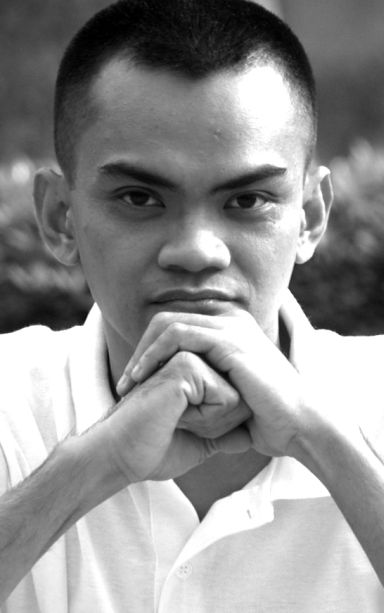
PAREDES
One of the most common moral dilemma is how to do a good turn and resist the temptation to advertise it. We are all guilty of it, this urge to announce our acts of charity and how it makes us happy to be able to share our blessings. In times of great disaster, like when the supertyphoon Yolanda hit Tacloban and Northern Cebu, we see Facebook flooded with selfies of people handing out donations to victims.
Joining the convoy going to Bogo right after the storm, a friend took a photo of the opened rear hood of his brand new SUV revealing a cargo of pre-packed relief goods, with later captions about how the four-wheel drive vehicle was able to surmount obstacles, like fallen trees and flooded roads. You wonder which gave him more excitement, the act of doing good or how it also became an opportunity to show how good was his new car.
Even media networks and companies take advantage of charity work as opportunity to do corporate social responsibility or corporate citizenship. TV Networks use “star power” purportedly to draw more attention to the plight of the victims. So a glamorous celebrity suddenly descends from the big air-conditioned van emblazoned with the logos and slogans to meet starving folks who are all just as eager to receive her gifts as to see her in person.
The scene is shown live on television or in delayed telecast, edited with soft music and in slightly slower motion for added drama.
Political organizations and party list groups also take the opportunity to promote themselves, waving their banners and streamers as background for photo-ops with potential candidates handing out relief goods to the crowd.
And just as we aspire to have our own “15 minutes of fame”, we also want to have that kind of moment when we feel “blessed” being among people in need, the joy of being able to impart some of our “blessings” to them. The stark contrast makes us realize how lucky we must have been, how we have been rewarded for our efforts and faith. It affirms our self-image of being righteous and our professed morality.
Thus charity gives us joy as much as the one who received our gift. And to some people, there is more to this joy. Sometimes, it comes as a kind of relief or disavowal. And, in the face of great inequality and injustice, the display of privilege and extravagance ought to be obscene or offensive. Giving is no longer a simple voluntary act; it becomes a duty.
It becomes imperative that those in rich countries help those in poorer countries, more so if the first had been part of the reasons why the latter were not able to develop. It is no wonder why countries that had a history of colonization were also the ones now actively engaged in helping developing nations, especially those that had been under them in the past.
For people in these privileged countries, giving becomes an act of disavowal, a repudiation of collective guilt for the injustices done in the past and for the privileges continued to be enjoyed in the present.
So, for instance, after seeing that video of people being bombed in Aleppo or refugees getting drowned in the Mediterranean Sea while trying to reach Europe, it’s relieving to be able to donate online, or on the very least, repost that news item with a caption that includes a quote from the Bible and a sad emoji.
If it’s any consolation, all such efforts, whatever the intentions behind them, are not in vain if they ultimately help those in need. And if hype helps to promote the cause, if more people are drawn to donate as their own chance at self-promotion, then it might still be worth it.
Ultimately, what matters is how our acts of charity benefit other people more than ourselves. We can deal with our insecurities later but in the meantime we should respond to an urgent call for help.
I am reminded of my former teacher, a German missionary priest who, when everyone had already left after the Christmas party buffet in our school, he would ask the catering staff to collect and pack all the leftover food. He would then drive around the city and gave those food to the homeless, many of whom he had known personally.
So those anonymous families living in the streets got to partake of our excess on Christmas, thanks to my teacher who I’d rather not name as he would be more pleased if I do so. It was an act of purging guilt made in our behalf, but it gave cheer to the poor on Christmas, which was the most important thing. Father is now assigned in Europe and I know God will always bless him for his good work.
Disclaimer: The comments uploaded on this site do not necessarily represent or reflect the views of management and owner of Cebudailynews. We reserve the right to exclude comments that we deem to be inconsistent with our editorial standards.




